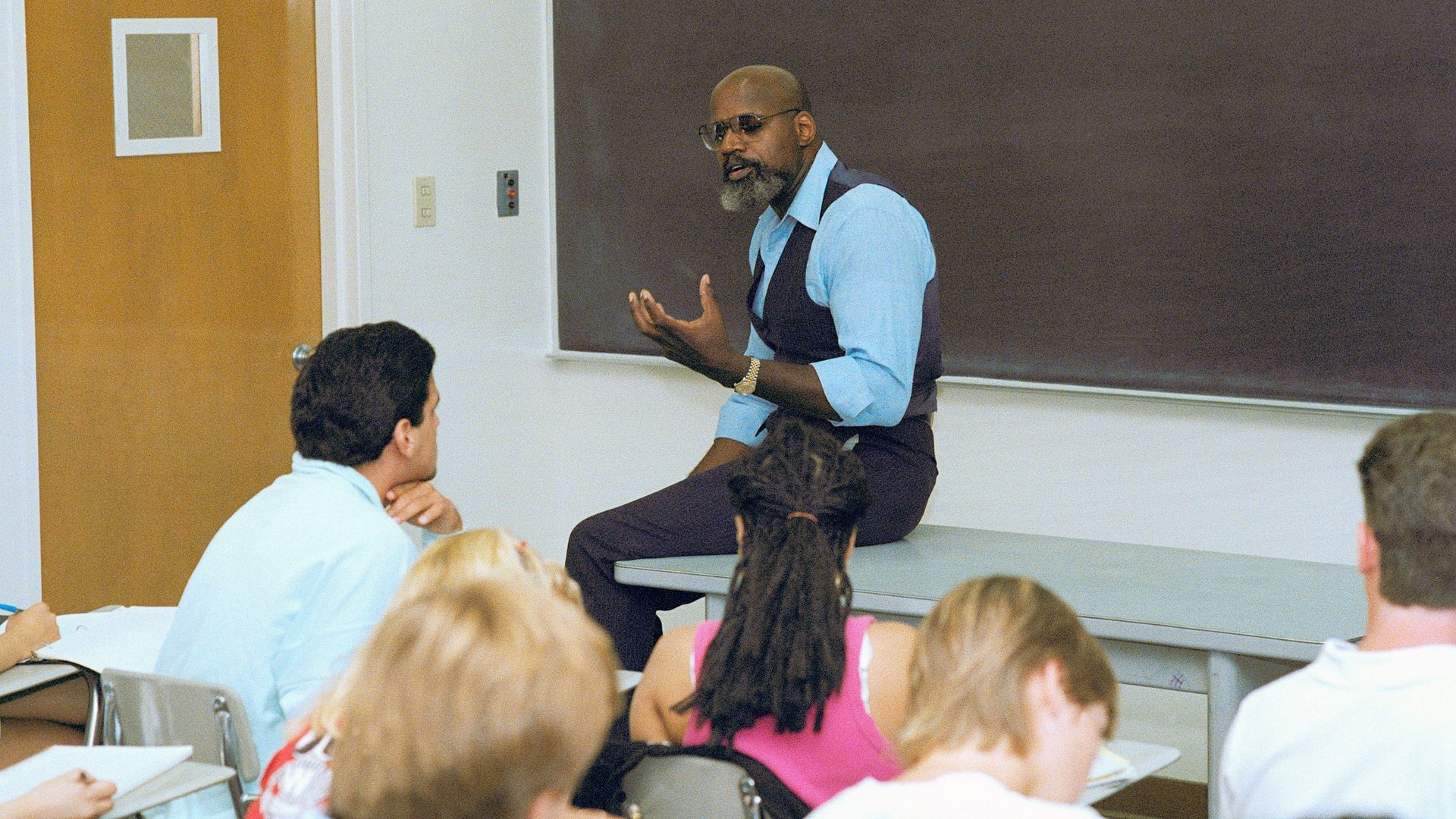Why Amherst College is not running toward online education
How should a small liberal arts college sustain itself amid “intense ferment” and “unparalleled technological change?”


How should a small liberal arts college sustain itself amid “intense ferment” and “unparalleled technological change?”
In 1944, as Amherst College hit a critical turning point in its history, president Stanley King put that question before the faculty.
Today, president Carolyn “Biddy” Martin leads Amherst College in a similarly unsettled moment. 2012 was the “year of the MOOC”—and the year of epochal declarations surrounding so-called massive open online courses. Plentiful were the voices predicting that MOOCs would end higher education as we know it. Companies with names that wouldn’t be out of place in a George Saunders story (Coursera, Udacity, edX, 2tor) dispatched their sales teams to woo college administrators. The pitch: climb aboard the MOOC train or risk total irrelevance.
To her credit, Martin put this question before the Amherst faculty for a binding vote, giving us the task of deciding it through the democratic processes of study, report, and discussion.
Throughout the last academic year, we did just that. After considering various MOOC providers, we narrowed our focus to edX. Our discussion then began in earnest. This spring, we invited 12 guest speakers to help us analyze the ins and outs of online education. We discussed online education in five college-wide faculty meetings and in four different faculty committees. One of these committees—comprised of a technologist, an economist, a computer scientist, a biologist, a geologist, an English professor, an art history professor, and two law professors—produced a 16-page report outlining the pros and cons of an edX pilot project.
Assessing edX’s proposal meant posing difficult questions. Can we forge a fit between edX and our “purposefully small” residential liberal arts college? What really are the interests, stated and unstated, of edX and its competitors? What are our obligations to colleagues at institutions that likely will lose revenue if MOOCs become the norm? Given the absence of any impartial, scholarly evidence about the educational merits of MOOCs, why should we experiment with MOOCs rather than with some other model of online learning?
I can’t say which of these questions weighed most heavily in the minds of my colleagues last week. What I can say is that we aren’t Luddites, mired in nostalgia: we haven’t rejected online learning as such. Quite the opposite: we’ve affirmed our desire to craft online learning tools that are consistent with our educational mission. This is a decision that could be described, in the words of former Princeton president William Bowen, as “walking deliberately, not running, to online education.” We declined edX’s proposal only after taking a cold, hard look at the technical, economic, ethical, and pedagogical problems posed by MOOCs.
Ten years from now, will today’s MOOC providers have fared any better than failed and forgotten online consortia like Unext.com, AllLearn, and Fathom? Time will tell. In the meantime, Amherst College will experiment with new means to accomplish its enduring ideal: a liberal arts education for the whole person and the whole life.